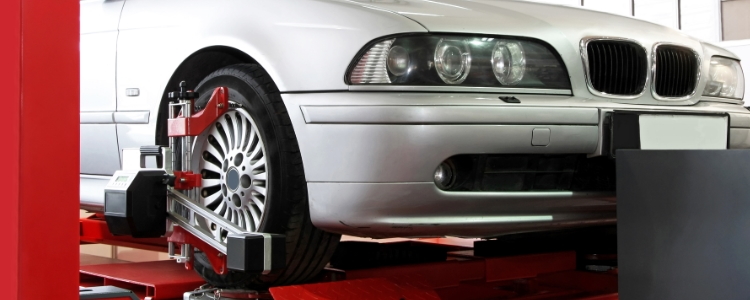Long-term auto terms aren’t typically a good idea unless you can qualify for the best interest rates on the market. We cover what long car loans can do to your wallet, and what possible benefits they can have.
Benefits of Long-Term Car Loans
 If you’re considering taking on a long-term auto loan, there could be benefits if your credit score is great. If you can qualify for really low interest rates, then a seven-year car loan might make sense for you if you finance a new vehicle to make the payment more manageable each month.
If you’re considering taking on a long-term auto loan, there could be benefits if your credit score is great. If you can qualify for really low interest rates, then a seven-year car loan might make sense for you if you finance a new vehicle to make the payment more manageable each month.
Possible benefits of extending your loan term include:
- Lowering your monthly auto loan payment.
- Being able to finance a more expensive car.
- Having more disposable income each month.
With more disposable income each month, your budget may not be as tight; auto loans are expensive. Remember that you must also maintain full coverage car insurance on financed vehicles, as well as pay for any upkeep and regular maintenance. With a longer loan term, you may have more cash each month to pay for all of the other car-related expenses.
However, borrowers with lower credit scores are more likely qualifying for higher-than-average interest rates. Due to this, long auto loans don’t really have any benefits to them in the long run.
Bad Credit and Long Auto Loan Terms
Generally, most financial experts agree that a car loan longer than 84 months isn’t the best idea if you have less than perfect credit. Why? It’s because long-term auto loans mean more interest charges – or more money out of your pocket.
Borrowers with poor credit aren’t likely to qualify for 0% interest rate car deals, which means they’re going to end up paying interest.
Interest is the cost of borrowing money. For auto loans, the interest formula is typically simple interest, which means it’s accrued daily on your remaining loan balance. The longer you owe the money to the lender, the more you have left to be charged interest on.
For borrowers with bad credit, having a long loan term can mean paying more than the vehicle is worth. If you pay more than what the car is worth, you’re not likely to be able to get back all of the money you put into the vehicle if you try to sell it or trade it into a dealership. It’s not impossible to get back what you put into the car, but it’s not very likely if you pay way more than what the vehicle is valued at.
Here’s a quick example to illustrate the impact of a long auto loan term, with a typical interest rate that many bad credit borrowers qualify for:
84-Month Auto Loan
- Interest rate: 12%
- Vehicle’s selling price: $15,000
- Total interest paid over seven years: $7,242
60-Month Auto Loan
- Interest rate: 12%
- Vehicle’s selling price: $15,000
- Total interest paid over five years: $5,020
By simply opting for a loan term that’s two years shorter, you’re saving over $2,000 on your car compared to the seven-year loan term. In the example, the vehicle itself was only worth around $15,000 – and having to pay on it for seven years means you’re paying over $22,000 for the car.
If you don’t want to pay lots of money in interest charges, and you want a lower monthly payment, then putting money down on an auto loan is the way to go.
Lowering Your Car Payment
Instead of stretching your loan term to the maximum, it’s recommended that borrowers put cash down on their car loans to lower their monthly payment and interest charges. For bad credit borrowers, a down payment is almost always a requirement to be considered for auto financing, anyway.
Bad credit car lenders need to see their borrowers invested in their own vehicles. It’s been shown that borrowers who put money down on a car are more likely to complete their auto loan. They’re also more likely to pay on it each month because a down payment can make the car payment more manageable.
Even if you can only qualify for a higher interest rate than you would like, you can help offset those charges with a down payment. It’s generally recommended that you put down around 20% on a new vehicle, and 10% on a used car. Most bad credit auto lenders require that their borrowers put down at least $1,000 or 10% of the vehicle’s selling price.
Next Step in Auto Financing
Now that you know how much long-term car loans can cost you, you can start looking for a dealership with more confidence. If you have bad credit, though, finding a dealer with the right lending resources can be stressful and feel impossible. Auto Credit Express wants to help with that!
We’ve already got the connections to bad credit dealerships, so you don’t need to drive all over town to find one for you. To get matched to a dealer in your local area, fill out our free auto loan request form. It’s quick, easy, and there’s never an obligation to buy anything. Start your next step in car shopping today!
















